Portable Belief Systems
The development of portable and universal religions was an important innovation in human history. These beliefs were not tied to any one place and could—in theory—include any person who wanted to convert. Wherever humans go, their belief systems follow, and as connections increased, belief systems spread rapidly across the world. In many ways, the story of world history is found in how these beliefs clashed and combined.
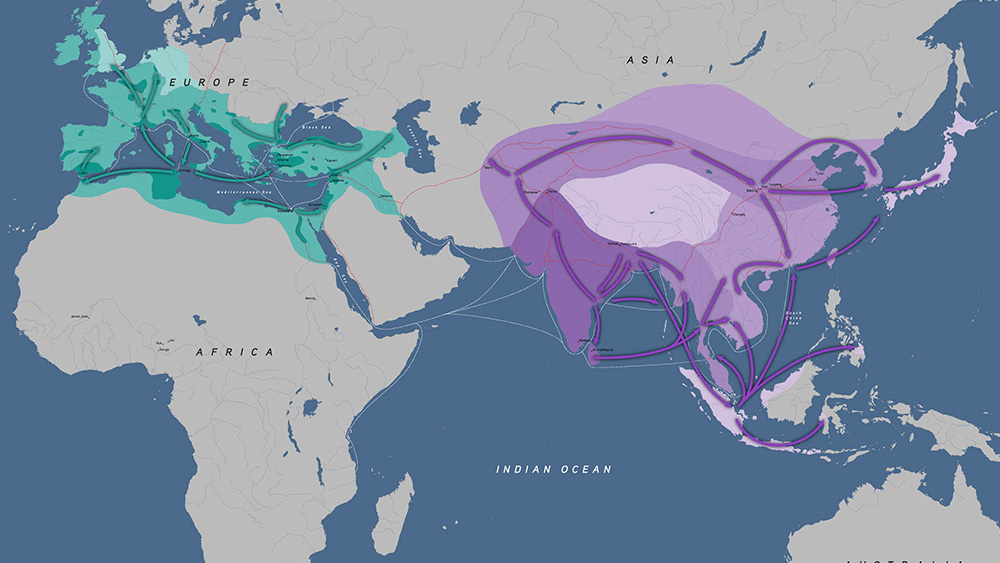
Are you a teacher? Click here to view the Teaching Tools for this topic
Featured Materials
Overview of Belief Systems
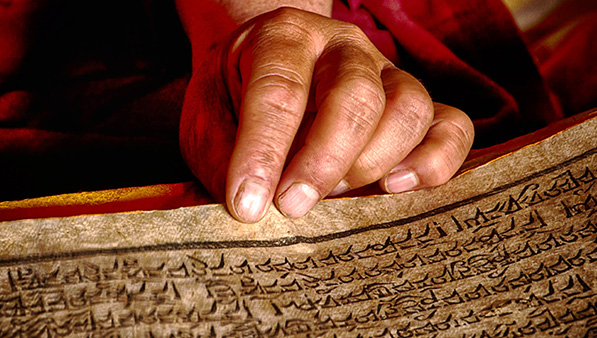
Article
Overview of Belief Systems
Humanity’s ways of understanding the world have changed over time and differ from place to place, but our diverse belief systems still share many characteristics.
Source Collection: Influence of Belief Systems in Afro-Eurasia c. 1200–1450 CE
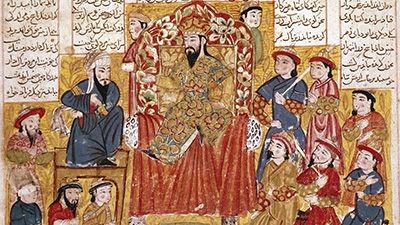
Article
Source Collection: Influence of Belief Systems in Afro-Eurasia c. 1200–1450 CE
Help students practice their sourcing skills as they focus on the themes of culture, governance, and economic systems.
World Religions Prior to 1450
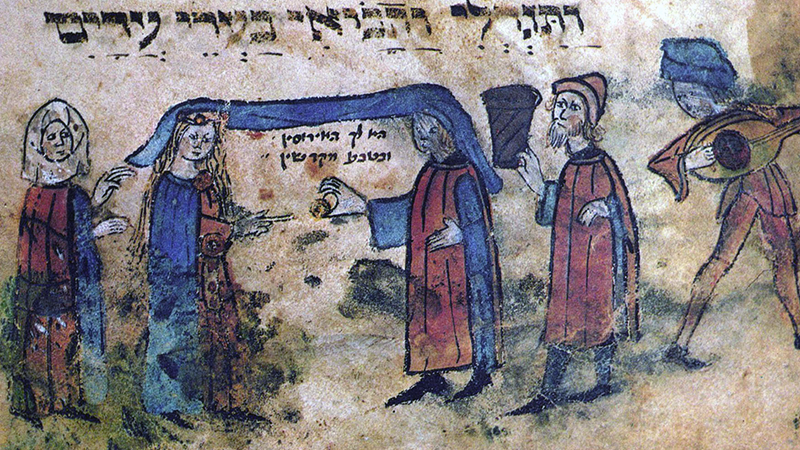
Article
World Religions Prior to 1450
This article introduces the largest belief systems in Afro-Eurasia before 1450 and explains how and why they changed over time. These religions connected people in communities of faith across vast distances.
Lessons
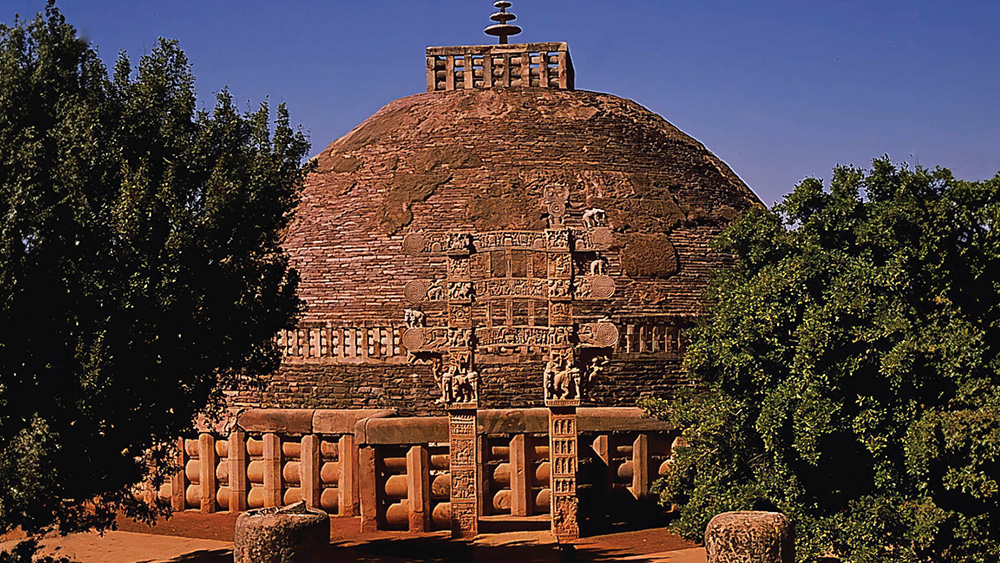
Lesson 4.2
Comparing Portable Belief Systems
From Hinduism and Buddhism to Christianity and Islam, religions transformed societies as they spread to new places. What common ideas did these portable belief systems share—and how did they differ?
View Lesson
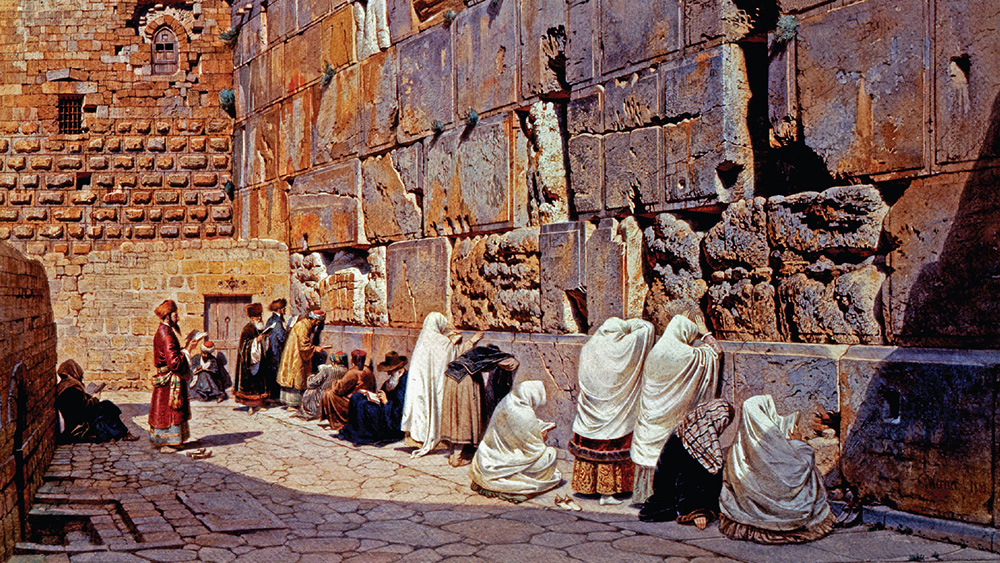
Lesson 4.3
How Do Religions Grow and Change?
Beliefs and ideas spread along long-distance trade routes, thanks to merchants, armies, and religious missionaries. As beliefs spread, some religions blended with local cultures and took on new traditions.
View Lesson
Materials
Buddhism
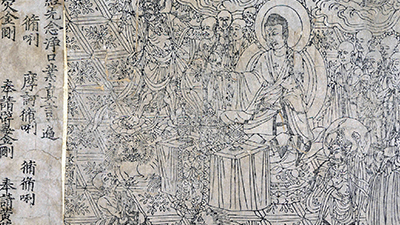
Article
Buddhism
Buddhism emerged in India as a challenge to Vedic beliefs. It became very popular in China in the seventh century CE.
Christianity
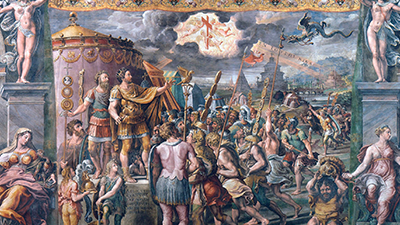
Article
Christianity
Christianity emerged among a Jewish population living under Roman rule. Its universalist message appealed to many communities. Today there are 2 billion Christians worldwide.
Spread of Buddhism and Christianity Thematic Map
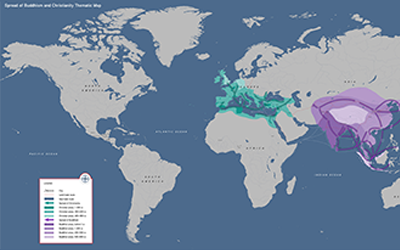
Visual Aid
Spread of Buddhism and Christianity Thematic Map
A full-color thematic map of the Spread of Buddhism and Christianity in 100 CE, meant to help you support, extend, and challenge the frame narratives.
Spread of Islam Thematic Map
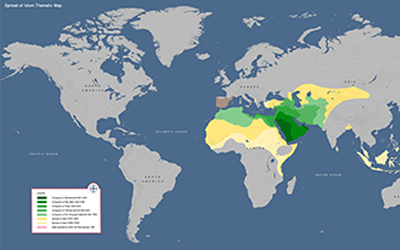
Visual Aid
Spread of Islam Thematic Map
A full-color thematic map of the Spread of Islam in 800 CE, meant to help you support, extend, and challenge the frame narratives.
Rumi


Graphic Biographies
Rumi
Rumi was a poet who believed that universal love was a path to God. He rejected divisions based on ethnicity and religion.
Syncretism
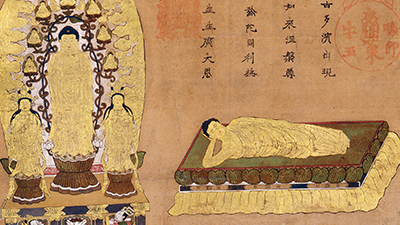
Article
Syncretism
Belief systems change over time. They also change when people come into contact with each other and share ideas. This process is called syncretism.
 Teaching This Topic
Teaching This Topic

Reading Strategies
Help students dig into a variety of texts as they learn about portable belief systems.

Comparison
This historical thinking skill—ability to compare and contrast—is fundamental to learning about belief systems.

Blog Post: Creative Comparison: Empowering Students to Drive Historical Comparison
Give your students some creative control when making comparisons across origin stories and complex societies.

Community Forum: What’s a Fun Way to Teach About Major World Religions?
Check out teachers’ ideas for introducing students to belief systems with hands-on activities that don’t oversimplify world religions.